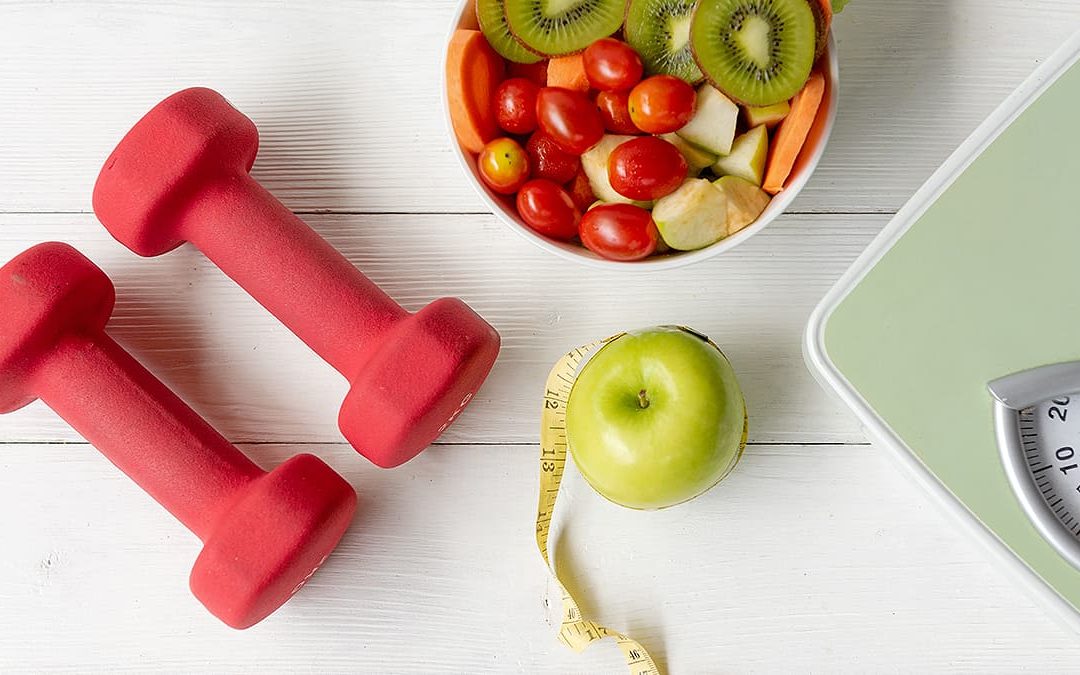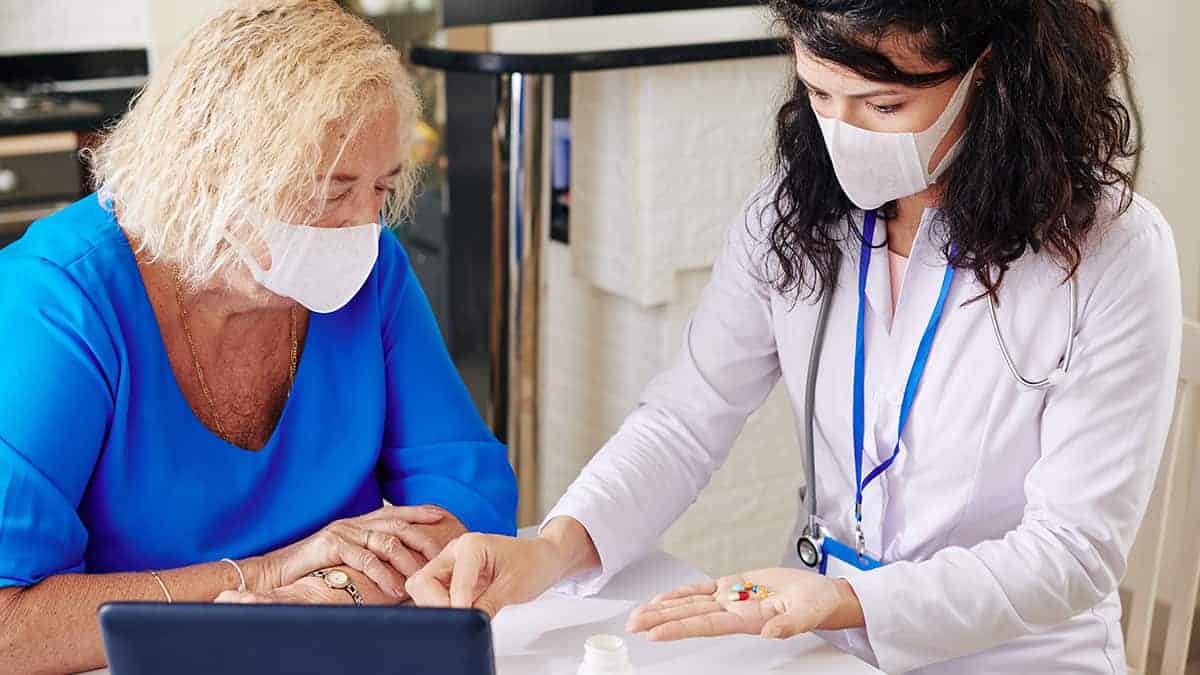The body tightly controls how much of each hormone is made. Sometimes, health problems cause certain glands to make too much or too little of a hormone. This can lead to a hormone disorder, which may also be called an endocrine disorder. The most common disease in this category is diabetes, which occurs when the body doesn’t make enough insulin, causing blood sugar levels to get too high. Another example is hypothyroidism. In this disorder, the thyroid doesn’t make enough T3 and T4 hormones, leading different body processes to slow down.
Finding Out Your Hormone Levels
If you think that you may actually have a problem with certain hormones, the first step is talking to your doctor. Your primary care provider can help you test your hormone levels by drawing your blood. If you are female, you may also be able to have your gynecologist measure levels of your reproductive hormones. Your doctor can then help you understand whether there are any problems and what steps you can take.
Some companies also sell kits that allow you to test your hormone levels at home. This often involves collecting a sample of saliva, blood, or urine and mailing it in to a company. The company will then send you results that say what your levels of different hormones are and whether they are in a normal range. Again, it is important to take this information to your physician to review with you.
Treatment
If you are diagnosed with a hormone imbalance, there may be several different treatment options depending on what exactly the problem is. For example, if your thyroid produces too many hormones, you may be able to fix this through medication, radioactive treatment, or surgery to remove all or part of the thyroid.
Low hormone levels may be able to be fixed by taking man-made hormones in order to replace the ones that your body isn’t making. One example of this is someone with diabetes taking insulin in order to help control blood sugar levels. Another example is a woman taking hormone replacement therapy while going through menopause. True hormone imbalances can usually be solved through medical means, rather than by going on a diet.
Conclusion
Overall, there is much we have yet to learn about hormones and the link with our food to our hormones and weight loss. Following the hormone diet could help you shed pounds, but any weight loss you see may be simply due to the fact that you’re eating healthier foods and exercising more. Regardless of whether or not you’re resetting your hormones, the hormone diet does contain many great ideas that can help people become healthier and weigh less.
For more information on what type of diet would benefit your body, please schedule an appointment with Dr. Connor.












